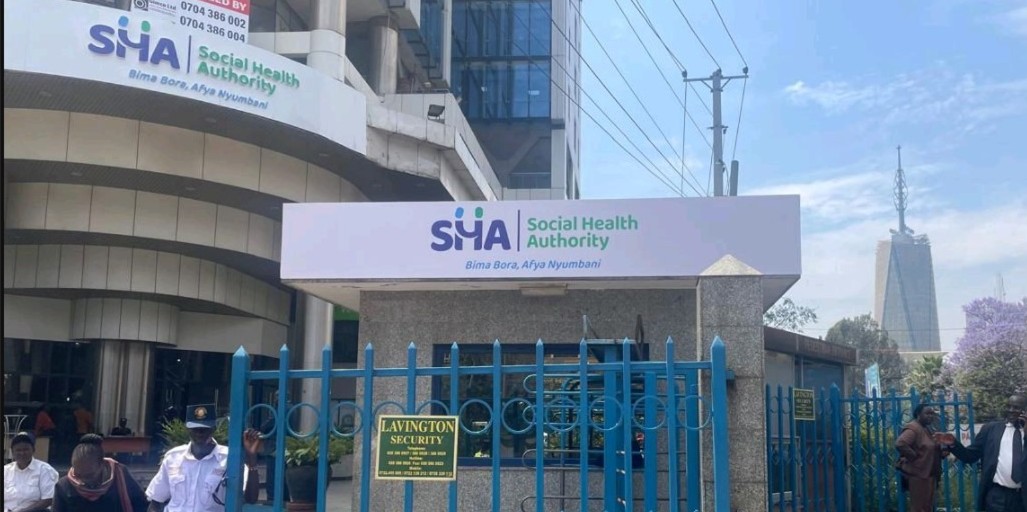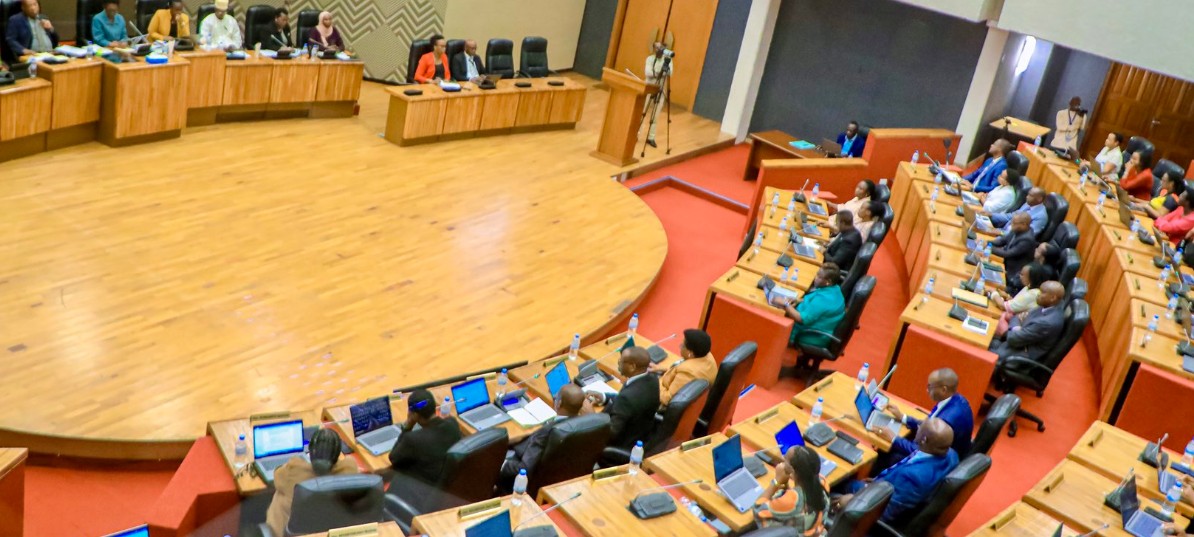Kenya's small businesses hope for a better 2025 after struggling in 2024

The Institute of Economic Affairs growth will remain moderate and uneven in the coming year unless significant structural reforms are implemented.
A majority of small business owners in the country are grappling with a challenging environment as the year comes to a close, a situation they have arguably been in for the better part of 2024.
A spot check by The Eastleigh Voice in the country’s capital Nairobi revealed that most of the businesses exhibited a negative scorecard in 2024 in terms of business environment.
More To Read
- Remittances by Kenyans in diaspora reduce by Sh2.3 billion in January as US remains largest source
- CBK projects cheaper fuel in 2025 will ease burden on businesses, households
- Central Bank pressures 13 banks to meet Sh10 billion core capital requirement
- Central Bank of Kenya warns of hefty fines for banks will not reduce lending rates
For instance, out of seven businesses that we spoke to – from retail shops to local food and non-food commodities kiosks – six of them said they had a hard time running their businesses this year, majorly on the back of a harsh tax and policy environment.
If scaled up, this is a representation of about 86 per cent of business owners who negatively rated the year’s business environment.
A mitumba seller who identified himself as John, and who plies his trade on the Kasarani-Mwiki road, told The Eastleigh Voice that he was yet to reconcile his books for the year, but he could already foresee reduced profits based on the losses he recorded in some months.
“The general cost of living, which has been a bit high for the better part of the year, took a rough beating on my business. I could bring in stock as usual but my customers would not come as they used to before, many of them citing lack of money,” John said.
Reduced purchasing power
Lilly, a retail shop owner in Umoja, reckons how she has had to go for weeks with the same stock at her premises due to consumers’ reduced purchasing power.
“People used to buy in bulk sometime back. This year, that trend has substantially reduced, leaving me with the option of cutting down on my stock, which then means reduced profit margins,” Lilly said.
Their experiences could be replicated by many other small business owners across the country, where many business owners expressed concerns over the increased tax burdens introduced by the government this year.
Notably, the challenges have been compounded by the ongoing global political instability, particularly the effects of international conflicts and supply chain disruptions.
The Institute of Economic Affairs (IEA), says during the year, export and import volumes relative to GDP have fallen, marking a continued decline in trade performance over the past few years.
“Private sector investments, especially in machinery and infrastructure, have slowed down, signalling reduced business confidence,” IEA says.
It adds that the country experienced structural economic weaknesses during the year, including limited economic freedom, slow privatisation reforms, and gaps in the provision of core public goods, a situation that has hindered Kenya's ability to spur sustainable growth.
Consequently, a recent survey by the Central Bank of Kenya (CBK), revealed that most Kenyans expect the economic growth to be lower in 2024 compared with 2023.
Despite these setbacks, the small business owners we spoke to hope that the business environment will have a turnaround in the coming year, and remain resilient in the medium term.
Use of digital platforms
Several of them revealed plans to rethink their strategies, with many turning to digital platforms and local collaborations to stay afloat and attract new customers.
However, the long-term outlook remains grim for most of them, unless the government revisits its tax policies and addresses the global economic volatility.
IEA echoes their sentiments, noting that growth will remain moderate and uneven in the coming year unless significant structural reforms are implemented.
It however notes that external shocks, such as global commodity price fluctuations, could further impact the business environment and the general growth projections.
“The business environment this year has been marked by slow growth, high inflation, elevated interest rates and unsustainable public debt. For 2025, Kenya's economic outlook will depend on policy responses to fiscal distress, improved trade performance and structural reforms aimed at boosting investments and economic freedom.”
CBK’s November market survey report also says the bank and non-bank private sector expressed sustained optimism about Kenya’s economic prospects for the next 12 months.
About 80 per cent of the respondents said key macroeconomic variables are well aligned to growth in 2025.
High taxes
However, 88 per cent of the respondents noted that the main risks of this optimism are high taxation, which has strained household budgets, reducing demand and economic activity, and 50 per cent of respondents were concerned about the elevated public debt and austerity measures by the government.
The survey report further highlighted how the business environment could be improved in the coming year.
Respondents in the CBK survey emphasised that the government should prioritise timely payment of pending bills to free up liquidity for businesses.
They also recommended simplifying and stabilising tax policies to create a predictable business environment and attract investment.
Additionally, reducing taxes and levies for SMEs, individuals and corporations would enhance disposable income and operational capacity.
They advocated for the gradual implementation of new levies and deductions to prevent financial shocks to businesses and households.
On the other hand, non-bank respondents emphasised the need for targeted government support in agriculture, manufacturing and renewable energy sectors to drive growth.
They also underscored the importance of regulatory reforms, such as streamlining licensing and compliance processes to minimise operational hurdles and improving transparency within regulatory frameworks.
Additionally, they recommended that the government expedite VAT refunds to manufacturers, as the accumulation of unpaid refunds is raising operating costs, which are ultimately passed on to consumers.
Furthermore, non-bank respondents suggested that lower interest rates would enhance credit accessibility for businesses and individuals.
Top Stories Today
















